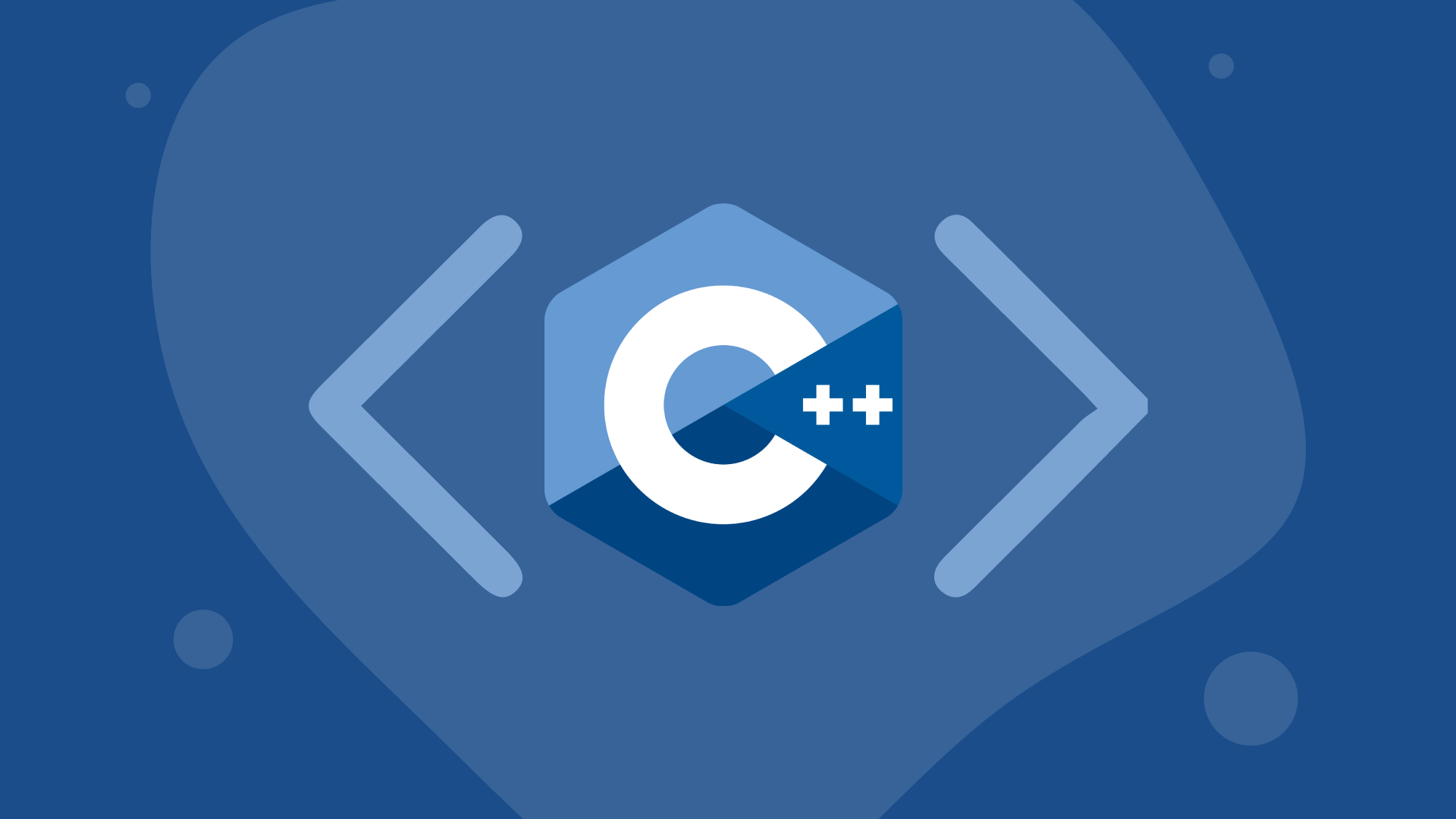
이렇게 쓰면 좋겠지?
#include <iostream>
#include <memory>
using namespace std;
class cl1
{
public:
cl1() { cout << "cl1()" << endl; }
~cl1() { cout << "~cl1()" << endl; }
void printCL1() { cout << "Hello This is CL!" << endl; }
};
class parent1
{
public:
parent1(int num) { cout << "parent1() : " << num << endl; m_num = num; }
~parent1() { cout << "~parent1() : " << m_num << endl; }
void SetCL1(shared_ptr<cl1> _cl1) { m_cl1 = _cl1; }
void PrintCL1() { m_cl1->printCL1(); }
private:
shared_ptr<cl1> m_cl1;
int m_num = -1;
};
int main() {
// your code goes here
shared_ptr<cl1> m_cl1 = make_shared<cl1>();
unique_ptr<parent1> m_pr1 = make_unique<parent1>(1);
parent1* m_pr2 = new parent1(2);
m_pr1->SetCL1(m_cl1);
m_pr2->SetCL1(m_cl1);
m_pr1->PrintCL1();
m_pr2->PrintCL1();
return 0;
}
- 해당 클래스에서 사용하는 포인터 :
unique_ptr - 다른 클래스에서 참조해야할 포인터 :
shared_ptr
cl1()
parent1() : 1
parent1() : 2
Hello This is CL!
Hello This is CL!
~parent1() : 1
unique_ptr이란?
- 메모리주소의 참조를 독점할 수 있는 포인터
- 왜쓰나? 굳이 소멸자를 호출하지 않아도 되는 장점이 있다!
#include <iostream>
#include <memory>
using namespace std;
// Data structure representing a point on the screen
struct point {
int x;
int y;
};
int main() {
// Create a unique_ptr to an point which has initial value {3,6}
auto p{ make_unique<point>( point{3, 6} ) };
//unique_ptr<point> p{ new point{3, 6} }; // C++11
cout << p->x << ", " << p->y << endl;
}
#include <iostream>
#include <memory>
using namespace std;
// Data structure representing a point on the screen
struct point {
int x;
int y;
};
unique_ptr<point> create_ptr() {
point p{0}; // Create point instance
p.x = 3; // Populate point instance
p.y = 6;
unique_ptr<point> ptr = make_unique<point>(p); // Create local unique_ptr instance
return ptr; // The pointer member is transferred
// from p to the returned instance
}
int main() {
unique_ptr<point> upp { create_ptr() };
cout << upp->x << ", " << upp->y << endl;
}
#include <iostream>
#include <memory>
using namespace std;
class Car
{
int color;
int speed;
public:
~Car() { cout << "~Car()" << endl; }
void Go() { cout << "Car go" << endl; }
};
int main()
{
shared_ptr<Car> sp1(new Car);
shared_ptr<Car> sp2 = sp1; // 참조 계수 2
unique_ptr<Car> up1(new Car); // 자원 독점
unique_ptr<Car> up2 = up1; // error
그런데 그래도 옮겨야할 때가 발생한다면?? (move이용)
#include <iostream>
#include <memory>
using namespace std;
int main()
{
unique_ptr<int> up1(new int);
unique_ptr<int> up2 = move(up1); // ok.
}
삭제자 선언하기
#include <iostream>
#include <memory>
using namespace std;
struct Deleter
{
void operator()(int* p) const
{
delete p;
}
}
int main()
{
unique_ptr<int> up1(new int);
// 삭제자는 이렇게 선언
unique_ptr<int, Deleter> up(new int);
// 이런 삭제자도 가능 - 1
unique_ptr<int, void(*)(int*)> up(new int, foo);
// 이런 삭제자도 가능 - 2
auto f = [](int*p){delete p;}
unique_ptr<int, decltype(f)> up(new int, f);
}
// 배열도 사용가능 (C++11)
unique_ptr<int[]> up(new int[10]);
shared_ptr <-> unique_ptr 호환성
#include <iostream>
#include <memory>
using namespace std;
int main()
{
shared_ptr<int> sp(new int);
unique_ptr<int> up(new int);
shared_ptr<int> sp1 = up; // error
shared_ptr<int> sp2 = move(up); // ok
unique_ptr<int> up1 = sp; // error
unique_ptr<int> up2 = move(sp); // error
}
Example
#include <iostream>
#include <memory>
using namespace std;
class Shape {};
class Rect : public Shape {};
class Circle : public Shape {};
Shape* CreateShape(int type)
{
Shape* p = nullptr;
switch(type)
{
case 1 : p = new Rect; break;
case 2 : p = new Circle; break;
}
return p;
}
int main()
{
Shape* p = CreateShape(1);
#include <iostream>
#include <memory>
using namespace std;
class Shape {};
class Rect : public Shape {};
class Circle : public Shape {};
unique_ptr<Shape> CreateShape(int type)
{
unique_ptr<Shape> p;
switch(type)
{
case 1 : p.reset(new Rect); break;
case 2 : p.reset(new Circle); break;
}
return p;
}
int main()
{
// unique_ptr<Shape> p = CreateShape(1);
shared_ptr<Shape> p = CreateShape(1);
// unique, shared 모두 사용가능
unique_ptr<uint8_t[]> mp_array;
// 선언
mp_array = std::make_unique<uint8_t[]>(48000 * 8);
// uint8_t* 의 호출이 필요할 경우
&mp_array[0];